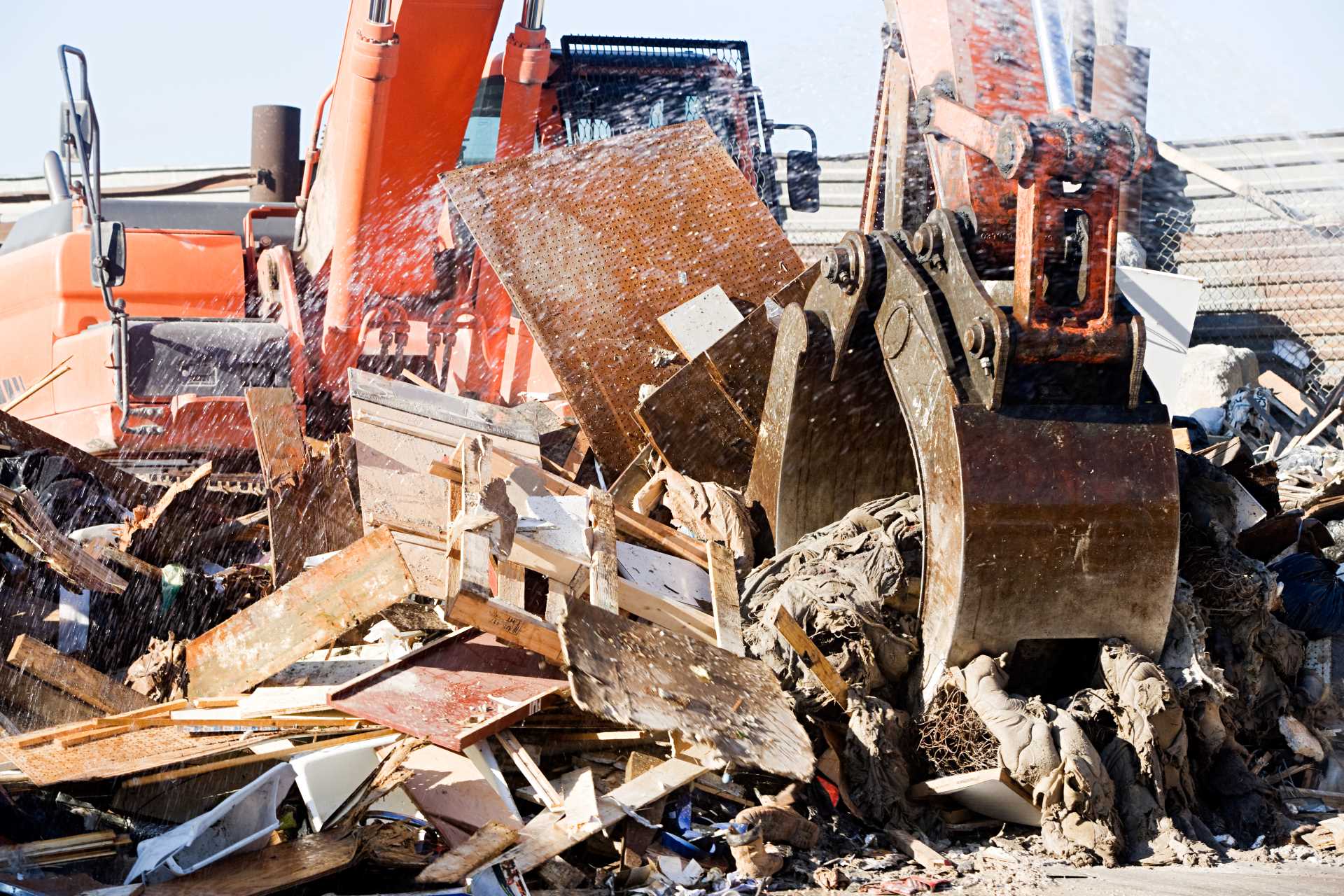
Demolition refers to the process of tearing down or dismantling a building, structure, or other man-made objects. The purpose of demolition can vary, from making way for new construction to removing a damaged or unsafe structure. Demolition can involve a range of techniques, from manual dismantling to the use of heavy machinery and explosives. The process requires careful planning and execution to ensure the safety of workers and the surrounding environment. The demolition industry is regulated by government agencies to ensure compliance with safety and environmental standards.
Demolition is a critical component of the construction and real estate development industry, enabling the removal of outdated or hazardous structures to make way for new and improved structures. In this blog, we will be answering the question how much does demolition cost for both commercial and industrial industries, which will allow you to provide the right information in future should you ever need demolition work undertaken.
Get in touch with Gumdale Demolition on (07) 3809 4108 today to book our industrial or commercial demolition Brisbane services.
How Much Does Demolition Cost?
Size & Complexity of the Structure
The size and complexity of the structure to be demolished is one of the most significant factors that affect the cost of a demolition project. Larger and more complex structures require more labour, equipment, and time to demolish, increasing the overall building demolition cost that you’d be quoted for the job.
Type of Demolition Method
The type of demolition method used also affects the cost of a demolition project. There are various methods of demolition, including implosion, mechanical demolition, and manual demolition. Implosion is the most expensive method, followed by mechanical demolition, while manual demolition is the most affordable.
Hazardous Materials
If the structure to be demolished contains hazardous materials such as asbestos, lead, or mercury, the cost of the project will be significantly higher. The removal and disposal of hazardous materials require specialised equipment and personnel, which increases the overall cost of the project.
Salvageable Materials
If there are any salvageable materials in the structure to be demolished, such as metal or wood, they can be sold or reused, reducing the overall building demolition cost of the project. The value of the salvageable materials can be included in the cost estimate.
Access & Location
The accessibility and location of the structure to be demolished can also affect the cost of the project. If the structure is located in a densely populated area or in a tight space, it may require more time and equipment to demolish, increasing the overall cost of the project.
Permits & Regulations
Demolition projects require various permits and compliance with regulations. The cost of obtaining permits and complying with regulations can increase the overall cost of the project – before commencing any work, or singing any contracts, make sure you ask the company you’re engaging exactly what permits and regulations they need to receive/comply with, that way you can better regulate the overall demolition cost.
Disposal Fees
The cost of disposing of the demolition waste can also affect the overall cost of the project. The type of waste and the disposal method used can impact the cost. If the waste contains hazardous materials, the disposal cost will be significantly higher.
Get in Touch with Gumdale Demolition Today!
Now that we have determined just how much does demolition cost, it’s time to get your commercial or industrial demolition project started. Give our team a call to book a demolition contractor today on (07) 3809 4108 or reach out online and get a free quote. We’re here and ready to work the hard yards on your behalf.



